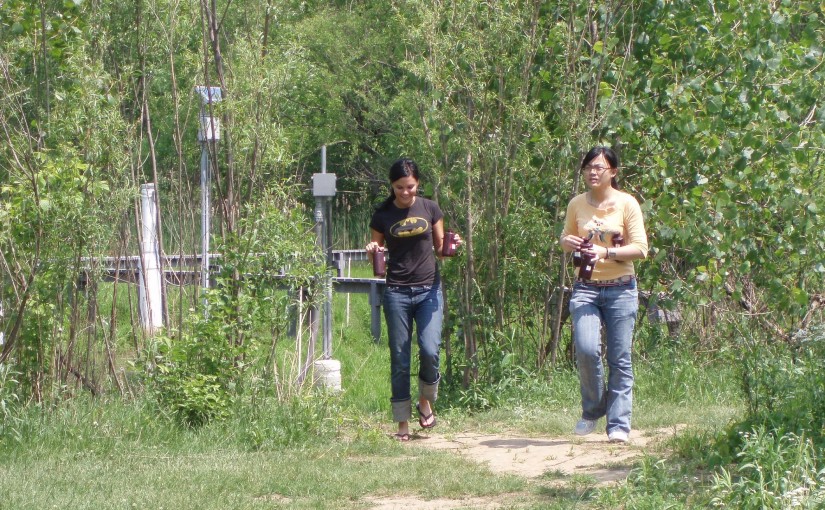The Ohio Consortium for Undergraduate Research- Research Experiences to Enhance Learning (OCUR-REEL) Program is a partnership comprised of higher education institutions from across the state that received funding from the National Science Foundation (NSF) as an Undergraduate Research Collaborative (URC). With this support, a dramatic state-wide transformation of 1st and 2nd year Chemistry courses has occurred by inclusion of authentic in-class research experiences. The Ohio State University is the lead university in the consortium and thousands of OSU students in General, Analytical, and Organic Chemistry courses have become “researchers” by contributing to research modules.
The OCUR-REEL project began with the premise that only by becoming involved in an actual research project could a student gain the working knowledge needed to master that area and to appreciate achievements in other scientific areas. Chemistry is, by its nature, an experimental science. However, the cognitive skills that are neglected in most introductory level chemistry laboratories are exactly those needed for success in chemical research. Real research inherently involves a more independent and open-ended type of thinking which permits the frustrations of failed experiments, the challenge of learning from failures, and occasionally the exhilaration of successful experiments. The OCUR-REEL project has tested the hypothesis that student participation in research in Chemistry courses will increase STEM (Science, Technology, Engineering and Mathematics) student retention while also generating new knowledge in the chemical sciences.
The REEL Program joins two leading themes in STEM education- “Broadening participation in undergraduate research” & “Active learning” as a component of laboratory instruction . The many benefits of undergraduate research have, for many years, been available to only a select number of students. With programs like REEL, however, students are involved in research much earlier in their academic careers.
 In addition to providing students with a research experience, REEL courses include a high degree of active learning and student inquiry. Instead of expository, or “cookbook” experiments, REEL favors open-ended experiments in which the answers are not predetermined. Creativity becomes more important and students and instructors learn together. Many students feel the open-endedness of REEL labs are their greatest strength.
In addition to providing students with a research experience, REEL courses include a high degree of active learning and student inquiry. Instead of expository, or “cookbook” experiments, REEL favors open-ended experiments in which the answers are not predetermined. Creativity becomes more important and students and instructors learn together. Many students feel the open-endedness of REEL labs are their greatest strength.
For more information on the REEL program at OSU, please contact Dr. Ted Clark (clark.789@osu.edu) and visit the consortium’s website.

